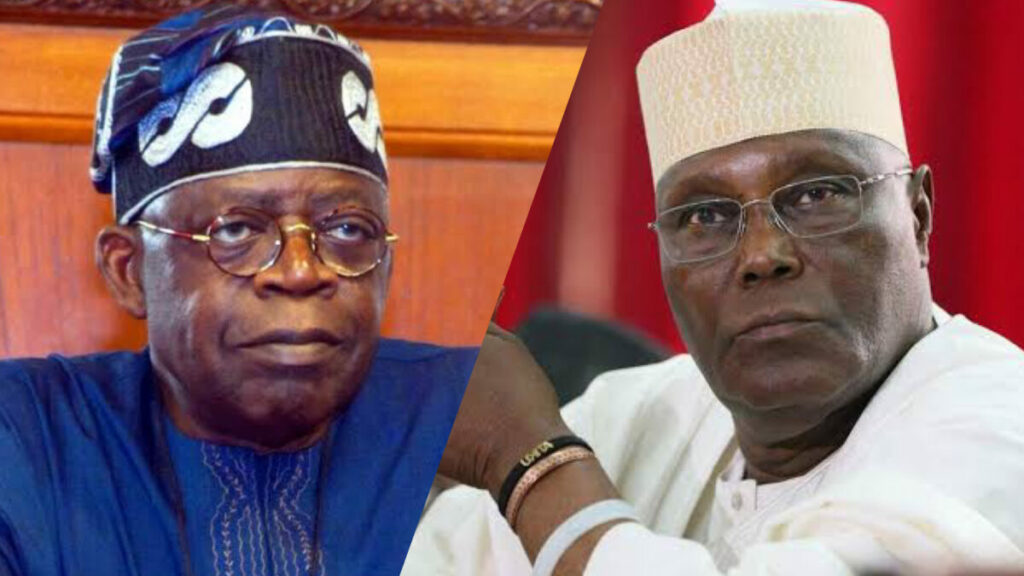- APC says PDP are merely looking for excuse to cover their expected failure at the tribunal
- APC says Atiku offered no evidence to support his claims
The All Progressives Congress, APC, has described as arrant nonsense, claims by the Presidential Candidate of the Peoples Democratic Party PDP, Alhaji Atiku Abubakar that the APC has concluded plans to intimidate the Judiciary in order to get a favourable ruling at the Presidential Election Petition Tribunal PEPT.
Atiku had accused APC and Tinubu of plot to manipulate the judiciary over the petitions challenging the outcome of the election.
This is just as the former Vice President of Nigeria called on Nigerians and the international community to be alert to the alleged threats in the interest of democracy.
Reacting, APC said Atiku and the PDP are merely looking for an alibi to cover their expected failure at the tribunal.
A statement signed by the APC spokesman, Felix Morka, reads; “Our attention has been drawn to a Press Statement by a media aide to Atiku Abubakar, Presidential Candidate of the People’s Democratic Party PDP.
“The statement alleges that the All Progressives Congress APC and its government are engaged in a plot to intimidate members of the judiciary towards unduly influencing the outcome of pending cases before the court. Atiku Abubakar and his minions offered no evidence to support their wild, hollow, and mischievous allegations.
“Quite frankly, there is nothing in Atiku Abubakar’s statement, that is worth a reaction from the APC. It is just arrant nonsense, totally lacking in substance and cogency. Its only imaginable purpose is a childish attempt to float an alibi to deflect the shame of a highly probable defeat in court, having miserably failed to make out a credible case to justify his bogus claim that he won the last Presidential Election.
“President Bola Ahmed Tinubu and our Party won the election convincingly. We have full faith and confidence in our courts to dispense electoral justice in accordance with our Constitution and all applicable laws”.
